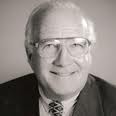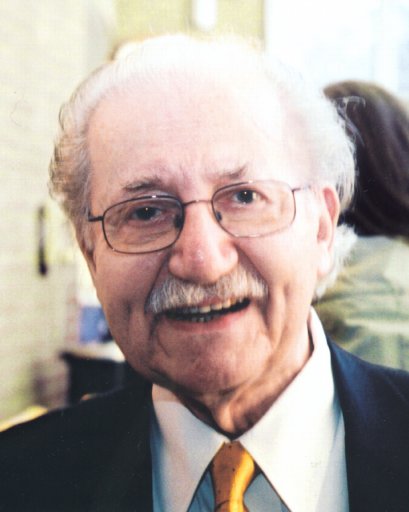Dr. Stephen Leonard Schwartz M.D.
Psychiatrist | Psychiatry
833 Chestnut St Philadelphia PA, 19107About
Dr. Stephen Schwartz is a psychiatrist practicing in Philadelphia, PA. Dr. Schwartz is a medical doctor specializing in the care of mental health patients. As a psychiatrist, Dr. Schwartz diagnoses and treats mental illnesses. Dr. Schwartz may treat patients through a variety of methods including medications, psychotherapy or talk therapy, psychosocial interventions and more, depending on each individual case. Different medications that a psychiatrist might prescribe include antidepressants, antipsychotic mediations, mood stabilizers, stimulants, sedatives and hypnotics. Dr. Schwartz treats conditions like depression, anxiety, OCD, eating disorders, bipolar disorders, personality disorders, insomnia, ADD and other mental illnesses.
Education and Training
Temple Univ Sch of Med, Philadelphia Pa 1961
Temple University School of Medicine 1961
Board Certification
Psychiatry and NeurologyAmerican Board of Psychiatry and NeurologyABPN
Provider Details
Dr. Stephen Leonard Schwartz M.D.'s Practice location
Practice At 833 Chestnut St
833 Chestnut St -Philadelphia, PA 19107Get Direction
Dr. Stephen Leonard Schwartz M.D.'s reviews
Write ReviewPatient Experience with Dr. Schwartz
Recommended Articles
- What Is Trichotillomania: Risk Factors and Treatment
IntroductionTrichotillomania is a type of mental disorder, which involves an irresistible and recurrent urge to pull out one's hair from the scalp and other parts of the body with hair, in spite of having the desire to stop. Due to hair pulling, the scalp tends to have patchy bald spots, which can...
- Reducing Anxiety with Exercise
People who have chronic diseases, like heart conditions and arthritis may benefit from exercising, according to a study published in, Archives of Internal Medicine. Exercise may help to relieve anxiety and improve the quality of life in these people. Results of this study add to the growing body of...
- Are Stimulants Good for My Child?
Most parents whose children suffer from the attention deficit hyperactivity disorder (ADHD) reject the consumption of caffeinated drinks. They often think that such drinks could worsen their children’s symptoms. So why do medical doctors prescribe sedatives to kids experiencing severe ADHD...
- Side Effects of Trintellix
What is Trintellix?Trintellix is an antidepressant used for the treatment of a type of mental disorder called major depressive disorder (MDD). The common side effects of this medication are:...
- Trypophobia and Other Strange Phobias
A phobia can be defined as a debilitating and overwhelming fear of a situation, object, animal, feeling, or place. Phobias are more evident compared to "fear" and normally occur when an individual has an unrealistic or exaggerated sense of danger about an object or situation. In case a phobia gets...
- How Common is Binge-Eating Disorder?
Individuals with Binge eating disorder (BED) experience episodes of binge eating or excess eating. They may also skip meals constantly, but they will not purge after binges. Although not always, the condition can eventually cause significant weight gain. Most people with BED try to hide their binge...
Nearby Providers
- Dr. Allen Masry M.D.2250 Chapel Ave W Cherry Hill NJ 08002
- Dr. Erlinda Sabili M.D.4641 E Roosevelt Blvd Philadelphia PA 19124
- Paul Jay Fink191 Presidential Boulevard Bala Cynwyd Pennsylvania 19004
- Henri Parens111 Presidential Blvd. Bala Cynwyd Pennsylvania 19004
- Dr. Ramesh B. Eluri M.D.4641 Roosevelt Blvd Philadelphia PA 19124
- Dr. Edward H Tobe DO PA1001 B Greentree Executive Campus Marlton NJ 08053
Nearest Hospitals
THOMAS JEFFERSON UNIVERSITY HOSPITALl
111 SOUTH 11TH STREET PHILADELPHIA PA 19107PENNSYLVANIA HOSPITALl
800 SPRUCE STREET PHILADELPHIA PA 19107HAHNEMANN UNIVERSITY HOSPITALl
230 NORTH BROAD STREET PHILADELPHIA PA 19102









